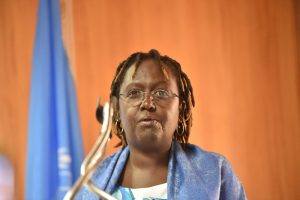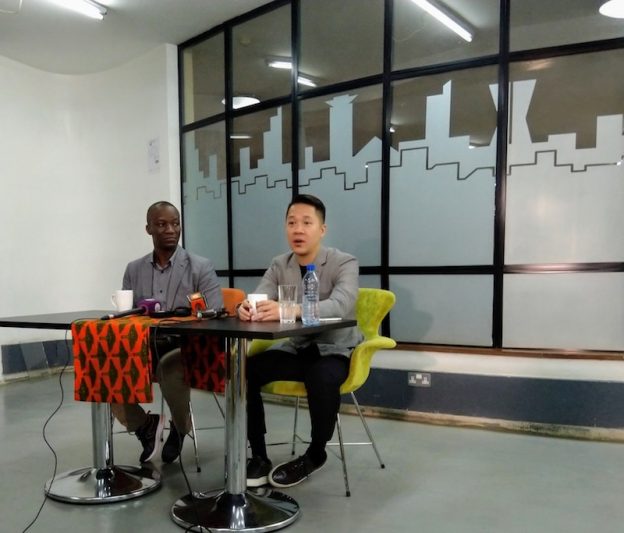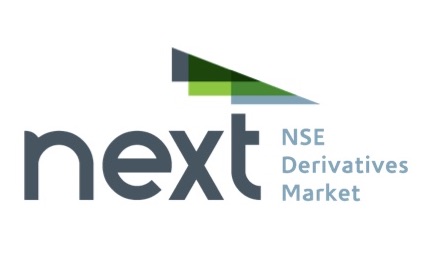For 2018, Africa Report ranked the top 200 banks in Africa by assets and revenue in a special issue of the magazine.
The list was topped by the Standard Bank Group South Africa (Stanbic) with $163 billion of assets. They were followed by First Rand and then the Barclays Africa Group with $94 billion of assets, that is rebranding to Absa. Others in the top ten were the National Bank of Egypt, Nedbank Group, Attijariwafa Bank of Morocco, Banque Misr of Egypt, Banque Centrale Populaire Morocco and the Rand Merchant Bank of South Africa.
[EXCLUSIVE OFFER] TOP 200 Banks 2018 | Download the highlights of @TheAfricaReport 2018 ranking of Africa's top 200 banks.
On the menu:
• Ranking of Africa's top banks
• Financial trends
Download your free pdf here 👉 https://t.co/d61nirhii3 pic.twitter.com/ix2BAZWgKe— The Africa Report (@TheAfricaReport) October 17, 2019
Other notable banks in the list and their ranks are Ecobank Transnational (at number 17), the Commercial Bank of Ethiopia (number 19 with $17 billion of assets), the African Export-Import Bank (27), United Bank for Africa Group (30) and Guaranty Trust Bank (37). Also, Mauritius Commercial Bank (38), BGFI Bank Group (55) and PTA Bank, a Southern African development finance institution that is nominally based in Burundi (at 57). Others were Diamond Bank (63), the Arab Bank for Economic Development in Africa – BADEA (67), the Commercial Bank of Eritrea (86 with $3.3 billion of assets), CRDB Bank of Tanzania (105), and Stanbic Bank of Uganda (157).
Kenya banks that made the list were led by KCB Group at number 46, with $6.2 billion of assets. Others that feature were Equity Bank Group (59), Co-operative Bank (76), Diamond Trust (78), Standard Chartered Kenya (100), and Stanbic Kenya (formerly known as CFC Stanbic) (115). Commercial Bank of Africa and NIC Bank who are merging were ranked at 123 and 131 respectively, while and I&M Bank is at number 132.
The report also has some general and country-specific reports that look at opportunities and challenges that banks in different countries face. These include Nigerian banks that were hit by oil price collapses and the rise in non-performing loans. Banks there like Diamond and UBA then restructured operations and invested in digital platforms like artificial intelligence assistants to enable customers to transact.
Ethiopia is profiled as an emerging economic opportunity after its political transformation under Prime Minister Dr. Abiy Ahmed Ali, with its banking sector is described as one giant cat – the Commercial Bank of Ethiopia – with many kittens (seventeen private banks including Awash and Dashen)
Also while African governments want banks to offer cheap finance to citizens, many of them are themselves competing with private sectors in their countries for funding from banks (e.g. risk-free loans to the Ghana government earn 17% for banks) while other interventions like interest rate caps in Kenya has driven millions of borrowers to turn to micro-lending apps using their phones.
You can order the 2019 ranking report here.


